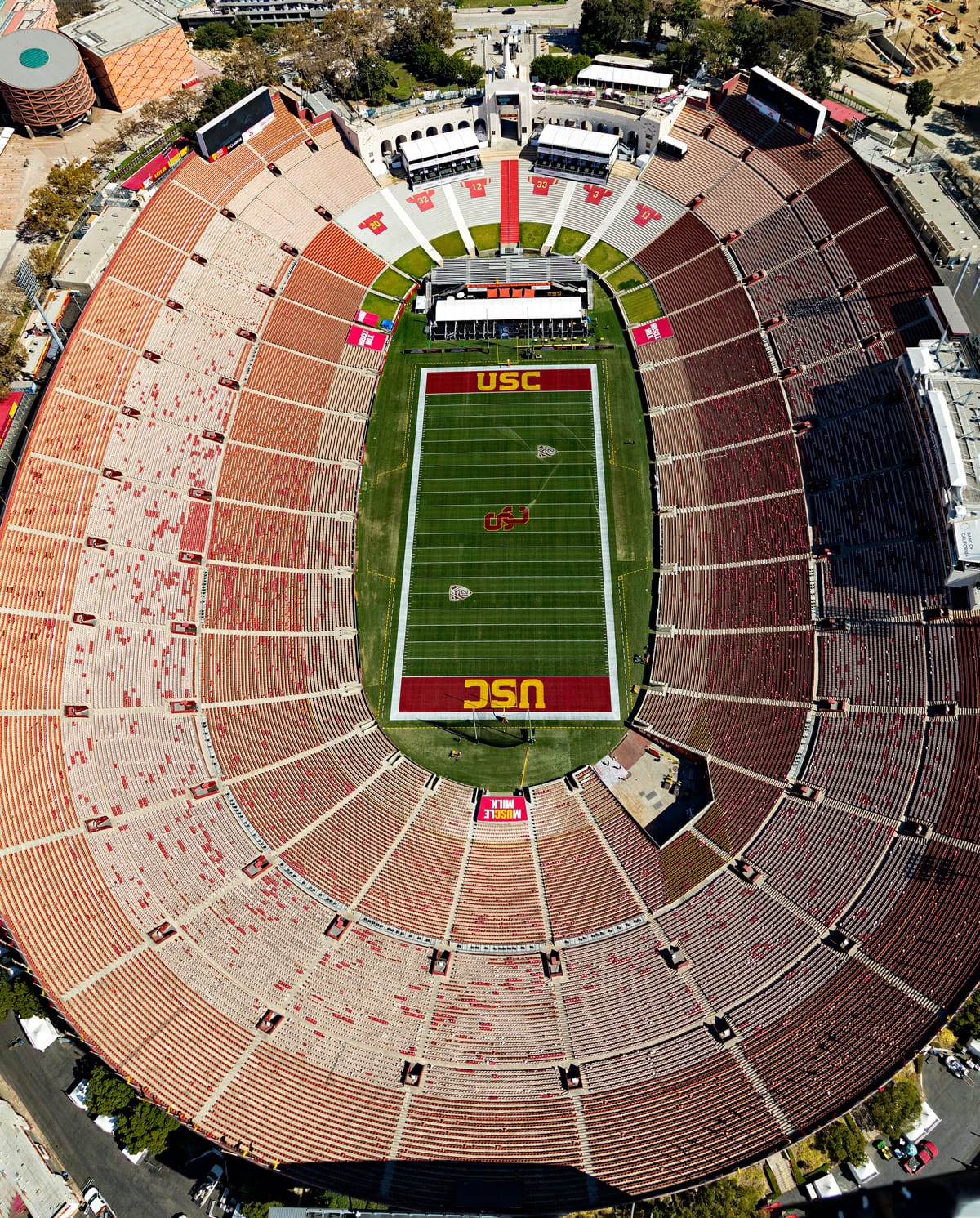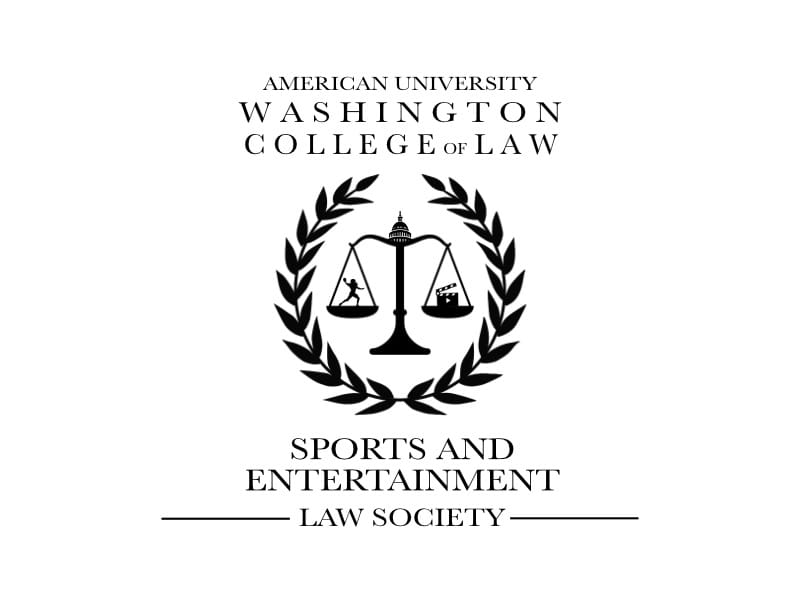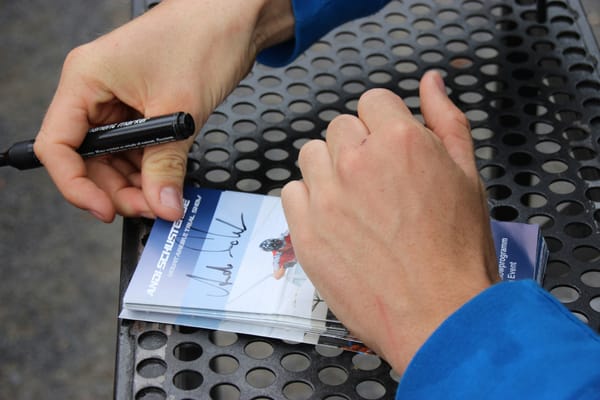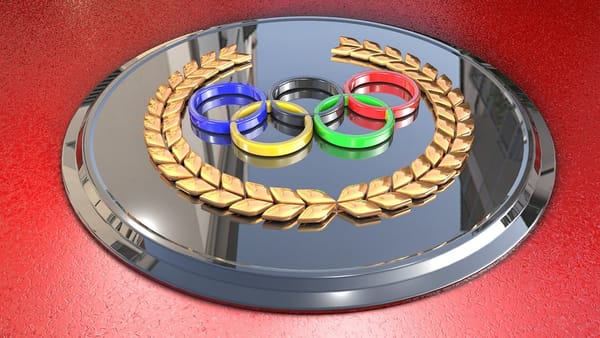Reggie Bush’s Punishment for Commonplace Athlete Conduct
Reggie Bush had his Heisman stripped in 2010 for accepting gifts, violating outdated NCAA rules. His case helped pave the way for athletes to profit from their name, image, and likeness through NIL.

Reggie Bush is considered one of the greatest college football players of all time and received his Heisman in 2005. Despite his impressive college career, his Heisman was stripped from him in 2010. The NCAA revoked this honor because he violated a rule that no longer exists. Bush was an extremely popular and skilled player with a clear future in the NFL. Many sports marketing agencies wanted to secure Bush as a client. They attempted to persuade him to sign by giving him and his family gifts of cash, travel expenses, and housing, all of which were violations of NCAA rules at the time.
Thanks to NIL (Name, Image, and Likeness) athletes can now profit from their personal brand and maintain their amateur status. Current players have made well over a million dollars from NIL, which is significantly more than Bush ever received. Because Bush's actions violated the rules at the time, the NCAA punished both him and the University of Southern California, the school he played for. The NCAA asked Bush to return his Heisman trophy and removed all of his wins and stats from the record. They banned USC from any bowl games for two years, removed Bush's playing record, and vacated the national championship they won.
Since NIL was established, there have been several efforts to undo Bush’s punishment. In April 2024, the NCAA returned his Heisman. Bush is also in the process of suing the NCAA for compensation of profits they made from his Name, Image, and Likeness. A recent U.S. District Court decision allows athletes to be compensated for the money they would have made had the current NIL rule been in effect during their time as athletes. Bush’s fame and notoriety during his collegiate career likely means he will be compensated heavily for how much he could have made.
Bush also filed an additional lawsuit against the NCAA for defamation over the damage to his image that came from this ordeal. The lawsuit claims the NCAA made false statements about Bush being paid to play football at USC. Bush asserts that such claims are 100% false and that there is no factual evidence of him participating in the “Pay to Play” scheme. Bush has filed this suit in hopes of being reimbursed for the damage to his name and brand.
Bush is one of many athletes prevented from profiting from their name and notoriety while their school and the NCAA profited heavily from them. Whether it was from jersey sales, tickets, or even video games with the athletes as playable characters, the players’ brands were monetized, but the schools were the ones profiting.
Proponents of NIL argue that NIL allows players like Bush to take part in the monetization of their brand. However, not everyone agrees that Bush should get his Heisman and records back. Some opine that athletes who break the rules at the time should not be "let off the hook" just because the new rules allow what they did in the past. This argument hinges on the idea that an athlete should follow the rulebook at the time they play and if they violate the rules, they should be punished regardless of the rules changing in the future. An example of this is UFC fighter John Jones whose only loss on his record is due to a controversial banned 12-6 elbow move that was recently removed from the banned moves list. Jones wants this loss removed from his record because of this new rule change. He also wants the win back on his record that was removed due to his substance abuse that was banned at the time. Neither of Jones’s requests has been granted as of today.
Reggie Bush's story paved the way for current and future athletes who are now able to profit from their name and brand. Athletes today are no longer required to wait until they turn pro to monetize their fame. While Bush may never fully recover from what happened, his story has empowered future athletes to take control of their own careers.




